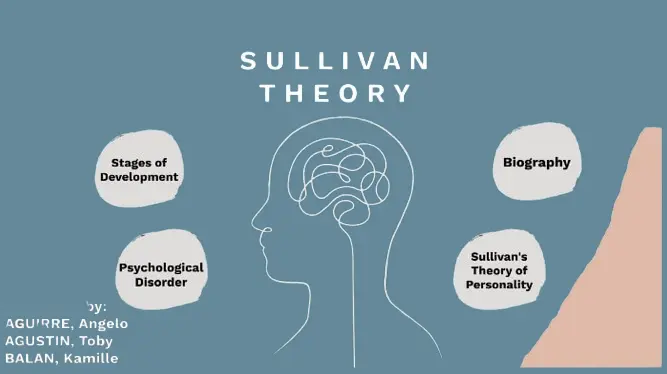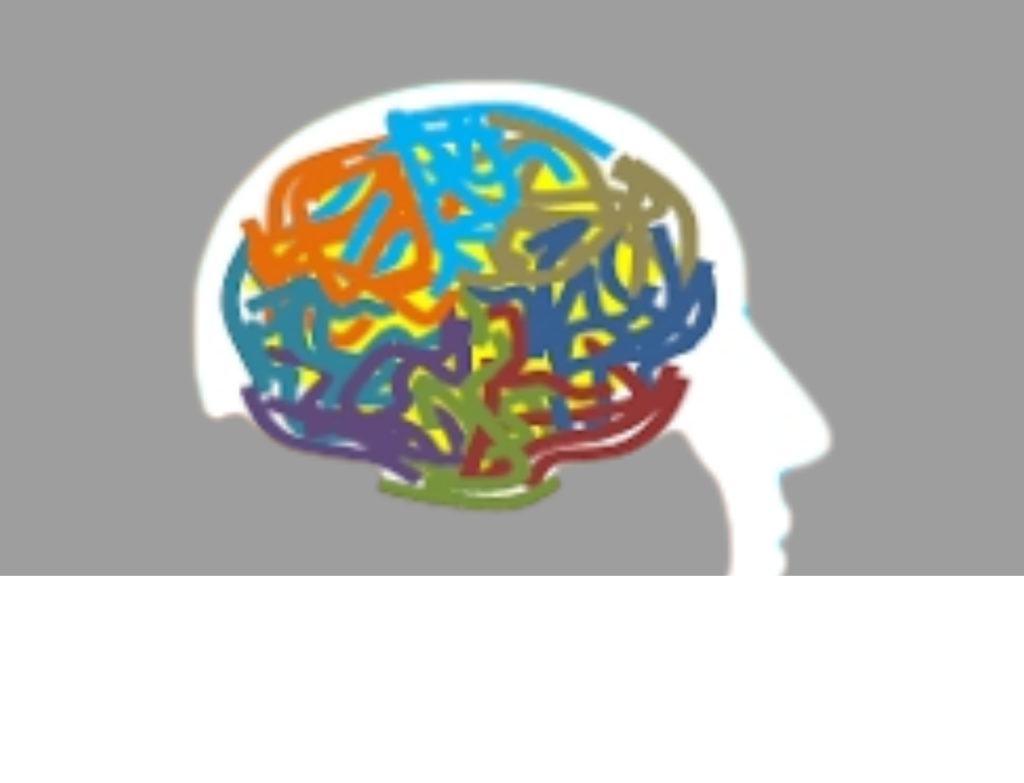A rare disorder called) Kleine-Levin syndrome (KLS makes a person slumber for extended periods of time. When KLS is diagnosed, a person may go through periods of up to 20 hours of sleep a day and exhibit behavioral abnormalities. Although the exact etiology of KLS is unknown, symptoms are treated. KLS typically goes away on its own with time.
Kleine-Levin syndrome (KLS
Another name for KLS is “sleeping beauty syndrome.”
A rare condition known as Kleine-Levin syndrome (KLS) results in episodes of persistently high levels of sleepiness. This might sometimes imply sleeping for up to 20 hours every day. Because of this, the illness is frequently referred to as “sleeping beauty syndrome.”
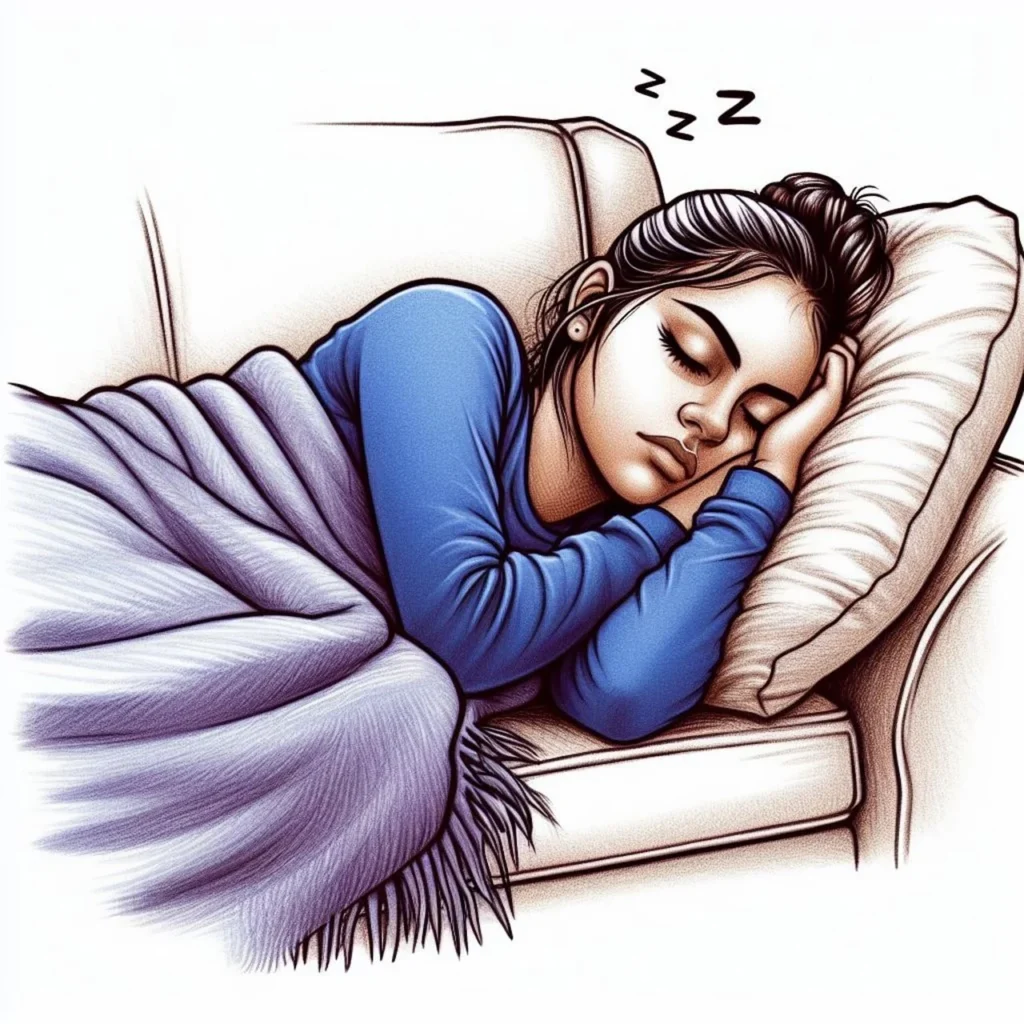
Confusion and behavioral abnormalities are additional effects of KLS. Although anyone can be affected by this ailment, teenage guys are more likely than any other group to get it. Males make up about 70% of those who suffer from this condition.
Over an extended period of time, episodes may occur and disappear. They can occasionally last for up to ten years, on and off. It could be challenging to go to work, school, or engage in other activities during each episode.
What are the symptoms of Kleine-Levin syndrome?
Early adolescence is when symptoms typically start, and they typically reoccur more than once a year. KLS typically lasts about 14 years. Among the symptoms are:
- Excessive drowsiness and difficulty remaining awake.
- Heightened hunger (hyperphagia).
- Heightened desire for sex (hyper sexuality).
- hallucinations
- Alterations in conduct or irritability.
- Depression or anxiety.
- Amnesia or confusion.
When you go at least two days without experiencing these symptoms, it’s called an episode.
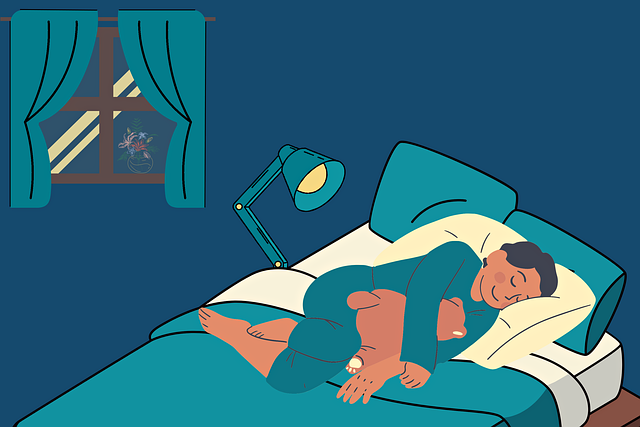
KLS episodes can last a few days, with an average duration of ten days, or they might extend to several weeks. According to one study, individuals with KLS experience 20 episodes on average throughout the course of their lifespan.
The majority of people find it difficult to recall specific events from an occurrence. During an episode, they can wake up to eat or go to the bathroom, but their severe sleepiness limits their ability to move. With the possible exception of small cases of memory loss, you will return to your regular behavioral patterns following an episode and will not exhibit any further symptoms of the disorder.
What Causes Kleine-Levin syndrome (KLS
Although the precise etiology of KLS is unknown, some medical professionals think that certain things can make you more susceptible to the illness.
An damage to the hypothalamus, for instance, which regulates body temperature, appetite, and sleep, could result in KLS. Falling and striking your head could result in an injury, though further research is required to substantiate this theory.
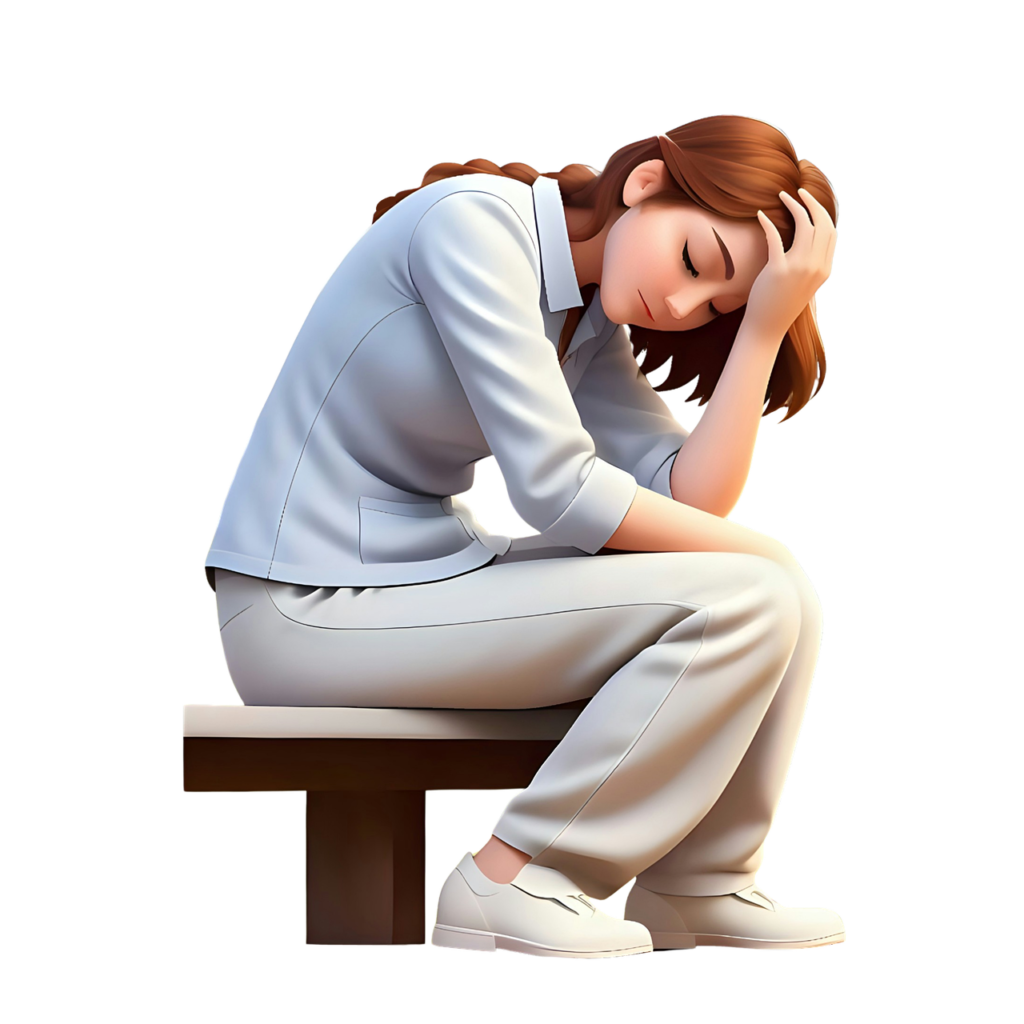
Some individuals have KLS following an illness like the flu. Because of this, some experts think KLS might be an autoimmune disease. When the immune system of the body targets healthy tissue, it results in an autoimmune illness.
Genetics may possibly play a role in some KLS cases. In certain instances, the condition impacts multiple members of the same family. KLS’s current cause is uncertain. Numerous factors have been proposed by researchers, including:
- Virus Infection
- Trauma from the body
- perturbation of the mind
- Toxins
- Autoimmunity: the body targets its own tissues and organs
Additionally, scientists postulate a connection between KLS and the brain regions known as the thalamus and hypothalamus, which control appetite, sleep patterns, and sexual behavior.
How is Kleine-Levin syndrome Diagnosis
KLS is a challenging condition to identify. Some people are misdiagnosed with a psychiatric problem because it can present with signs of a mental illness. It can therefore take up to four years on average for someone to get a proper diagnosis.
You and your family naturally demand prompt responses. Nonetheless, a KLS diagnosis is an excluding procedure. Your doctor cannot confirm this condition with a single test. As an alternative, your doctor might do a number of tests to rule out any more potential ailments.
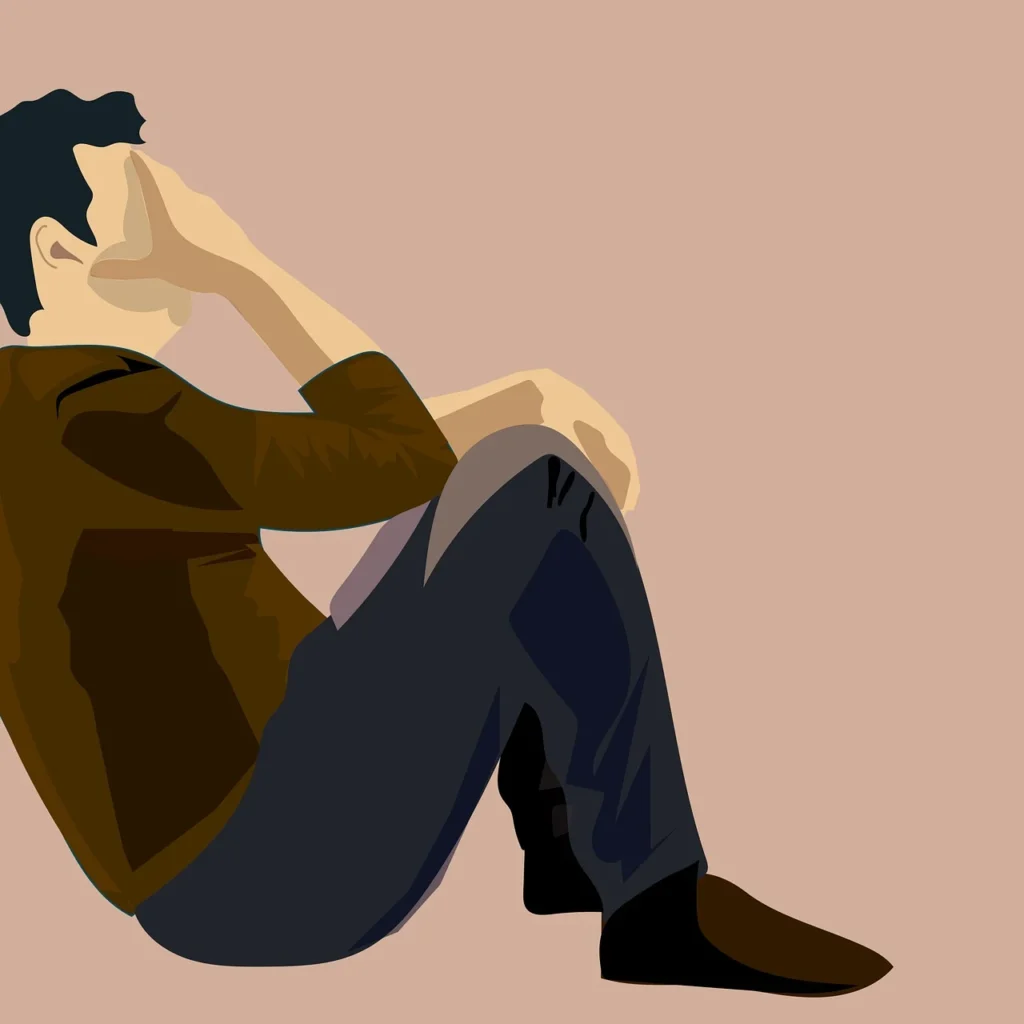
KLS symptoms can be mistaken for those of other illnesses. A physical examination and diagnostic tests may be performed by your physician. This could involve imaging studies, a sleep study, and blood work. An MRI or CT scan of your head can be part of this.
These tests are performed by your doctor to screen for and rule out the following conditions:
- hypothyroidism,
- diabetes
- tumors,
- inflammation,
- infections
- and other sleep disorders
- neurological disorders like multiple sclerosis (MS)
Depression is sometimes characterized by excessive drowsiness. Your physician could advise getting a mental health assessment. This aids in the diagnosis of severe depression or another mood disorder by your physician.
Treatment
KLS treatments are not always successful. Providing supportive care at home, particularly from parents or guardians, assist guarantee a secure setting for KLS episodes. It is advised to use medications only as a last resort. Some drugs can lessen KLS symptoms but not completely eradicate them.

Assistive Healthcare
- Support from patients is essential to overall health. Those who provide care can:
- Provide a cozy, secure space where the KLS patient can be watched over.
- Put off or postpone going to school and other events until after the KLS incident.
- Keep the patient from operating heavy machinery or a car.
- Keep an eye out for signs of melancholy, anxiety, and suicidal thoughts.
- Continue your regular sleep schedule in between KLS episodes.
- Urge the KLS patient to abstain from drinking and to stay away from sick people.
Medications
Medication does not totally stop KLS bouts from happening again. Lithium may be able to decrease the frequency of seizures but not completely eradicate them, according to scant studies.
While treating certain KLS symptoms, certain medications may worsen others. Amphetamines and modafinil, for instance, can alleviate insomnia, but they exacerbate agitation. Psychiatric symptoms might be lessened by taking mood-stabilizing medications or antidepressants for a short while. In a single documented instance, antidepressants avoided recurrence.

